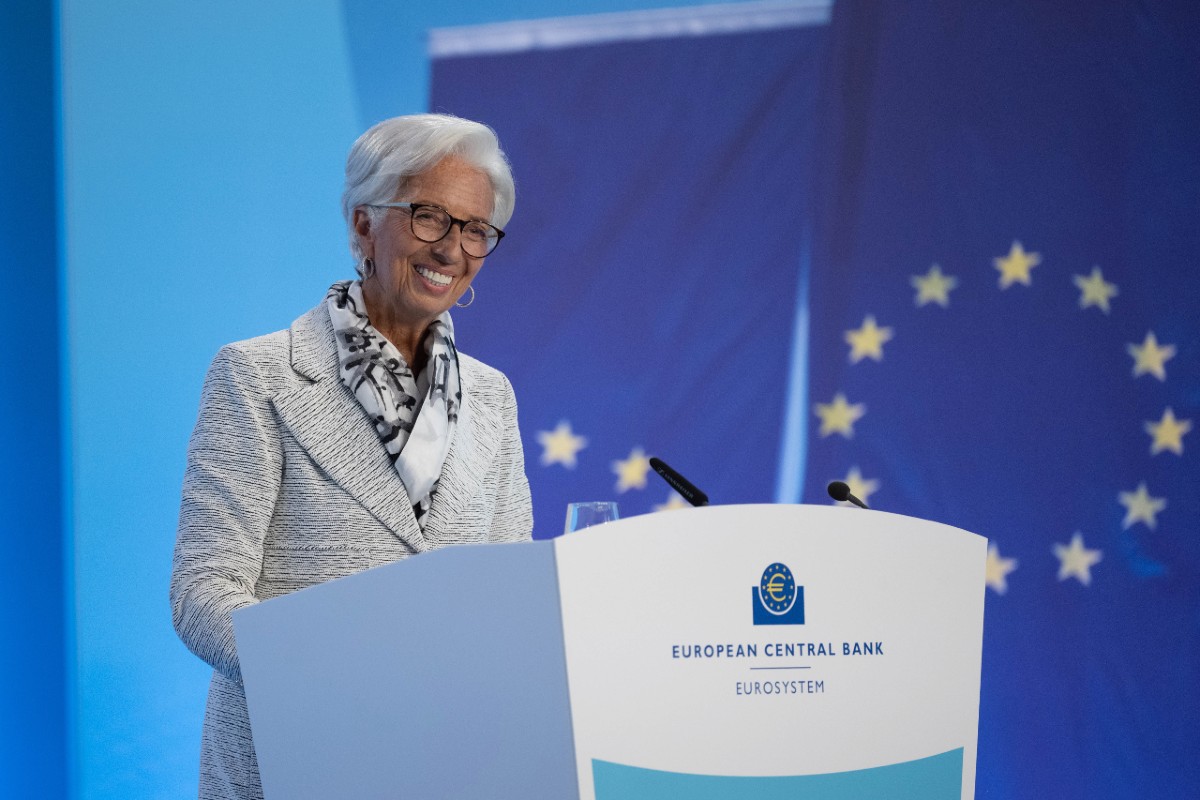ECB, twenty-five years lived amidst storms, inflation and successes
Only 25 years of life but passed between crises, failures, delays and successes. The party is for the ECB which is celebrating its twenty-fifth anniversary this month. From the Dutch Wim Duisenberg to the Italian Mario Draghi and ending with the current French “doc” Christine Lagarde, the European Central Bank (ECB) has been through a lot of monetary and financial storms and also of satisfactory resurrections. Today on his 25th birthday the “amarcord” tells of a complicated path full of pitfalls but also full of successes. One of the largest European and world power centers had Wim Duisenberg as first commander-in-chief. The Dutch “hard orthodox” wanted the organization to maintain the inflexible course of the Bundesbank and in this sense he launched a project that aimed at price stability as a first goal neglecting the high unemployment of the time. However, it must be acknowledged that the institution managed to pilot the first years despite the turbulence caused by the attacks of 11 September and the explosion of the internet world, of the dotcoms.
ECB, 25 years without ever getting bored
In its years, the European Central Bank has never been able to get bored. Its first decade passed in the midst of a general financial meltdown, which was followed by the sovereign crisis. It is now in the midst of an inflationary storm on a level not seen in 40 years. The launch of the euro was Eurobank’s first success. It is indisputable that the monetary union has managed to control the exchange rate risk while also moderating (until a few months ago) the inflationary fluctuation. The founding fathers of the euro thought that the new currency could defend weak countries and compete with the dollar but the 2008 bubble changed many minds. The private banking crisis has become a sovereign debt crisis. And the then number one Jean-Claude Trichet became famous, in 2011, for raising rates at the wrong time. Many financial analysts agree that “At that time the ECB did a good job although there were important mistakes. Trichet, unfortunately, decided to raise the price of money when a recession was approaching. And, in any case, the response in intervening lacked speed. The biggest mistake, by far, however, was the ECB’s initial reaction to the Greek debt crisis. Not only did the Organization fail to intervene to stop the contagion, but it clamored for austerity, “nailing poor Greeks to their fate” and raising interest rates as the eurozone entered a recession for the second time after the global financial crisis”.
ECB, the great recovery of the Institute started from the words of Mario Draghi
The great payback for the European Monetary Organization begins with the three famous words “whatever it takes” pronounced by a great Italian, former president Mario Draghi on 26 July 2012. Words that turned out to be magical because they were able to stop the markets in their speculative attacks against the euro. In 2014 Draghi also used other weapons to fight Europe’s economic woes: a formidable debt-buying program with low, and even negative, interest rates. An operation that cost him many enemies among the German Orthodox, with the hard wing of the Governing Council, especially the former president of the Bundesbank, Jens Weidmann. At that time the great success of the ECB was to emerge from the shadow of the Bundesbank, to become a real lender for banks and governments. In recent years, governments have begun to put more politicians than bankers in Frankfurt. Examples were the appointments of Luis de Guindos, former Minister of Economy of Mariano Rajoy, and Christine Lagarde, former French financial officer. Lagarde was not free from mistakes, especially on the communication side, such as when she underlined that “the ECB had no task of reducing the spread on Italian sovereign debt” words that agitated Italian securities”. Once again, after Draghi’s bazooka, the ECB has recovered its strength and image by launching another rich debt purchase program while keeping rates negative.
ECB, inflation and war in Ukraine are the current problems
After that crisis and after the pandemic, Europe (as well as the United States) paid for this bailout with rising inflation. And the war in Ukraine has increased the trend. Here, again, the Institute moved culpably late. A year behind the Fed in raising interest rates. Now, as well as the Fed, the ECB may try to curb rate hikes. The data advanced by the large economies (Spain, France, Italy and Germany) are encouraging. However, the 25-year-old central bank could instead keep the price hike at 2% to continue gaining credibility. Another important goal that the European Organization has set itself in recent years is to contribute to the climate objectives that the European Union has set itself. But even here the young bank has found critics who accuse it of “taking roles in fiscal policy, giving fiscal aid to individual member states, or pursuing the so-called green monetary policy. The ECB is the central bank of a monetary union. For this reason it would be better if he did not trespass from the boundaries of his mandate”. In short, not a moment of peace for what still remains the youngest central bank in the world. In short, a “young woman” who also pays for some mistakes of “inexperience”.
Subscribe to the newsletter
